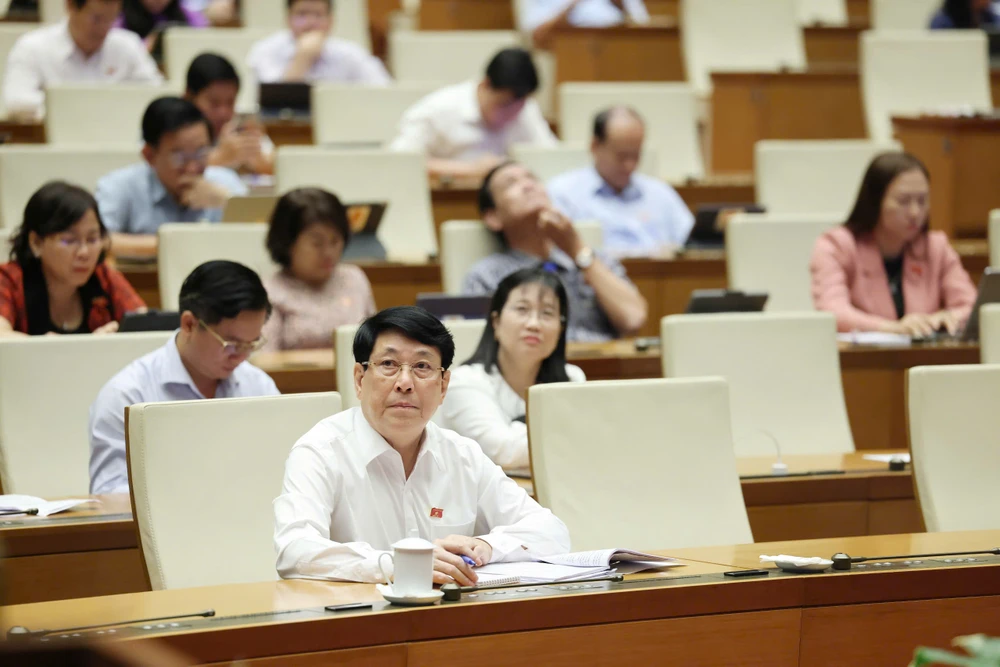
The draft law adds sugary soft drinks to the list of subjects subject to special consumption tax (soft drinks according to Vietnamese standards with sugar content over 5g/100ml), the explanation of the Standing Committee of the National Assembly (SCNA) stated that the proposal to impose tax on sugary soft drinks is the first step in the process of implementing solutions to limit the production and consumption of products with a lot of sugar in food and beverages, contributing to the orientation of production and consumption.
This is one of the main causes of overweight, obesity and non-communicable diseases related to diet. The draft law stipulates an implementation roadmap: from 2027, the tax rate will be 8%, from 2028, the tax rate will be 10%. The Standing Committee of the National Assembly proposed that the Government continue to study international experience to consider the possibility of adding other products containing sugar to the list of products subject to special consumption tax.
Deputy Tran Van Khai (Ha Nam), Vice Chairman of the National Assembly's Committee on Science, Technology and Environment, said that this regulation is unreasonable because the scope is unclear and may cause unwanted impacts. The concept of "sugary drinks according to Vietnamese standards" has not been specifically defined, leading to concerns that natural products (such as coconut water, fruit juice) may be equated with carbonated soft drinks. In fact, 200,000 coconut farmers and hundreds of processing enterprises are worried about whether their processed coconut water products will be considered taxable soft drinks. Therefore, the Deputy said that applying the same 10% tax rate as carbonated soft drinks is inappropriate, negatively affecting agricultural production.
On the other hand, taxing sugary drinks alone is not comprehensive; other solutions such as enhancing nutrition communication should be combined to change consumer behavior, as a 10% tax may be too low to impact public health.
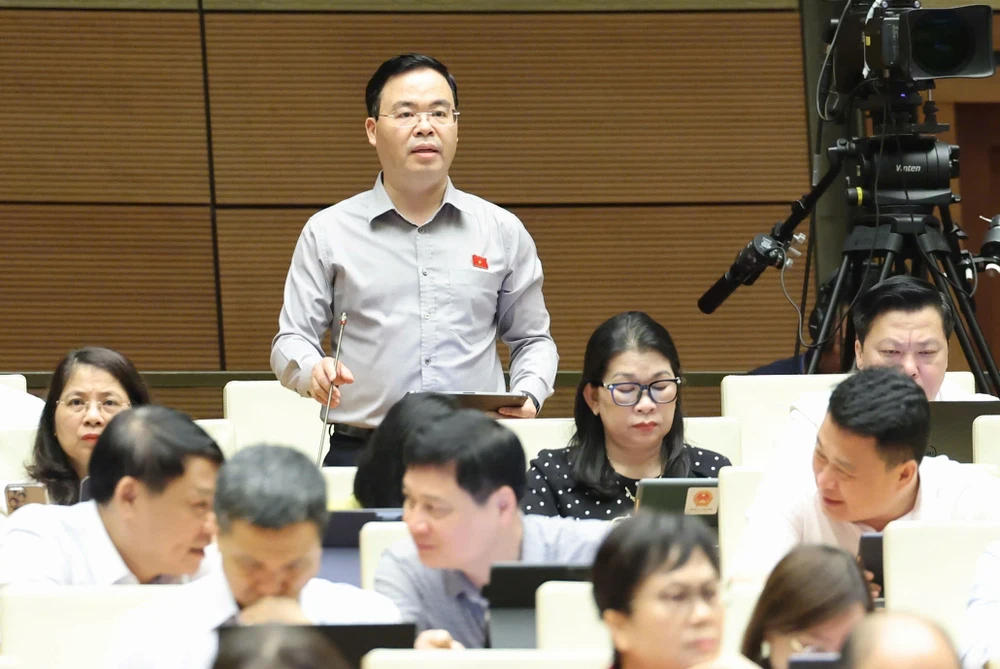
From that analysis, Deputy Khai proposed clarifying the scope of taxable subjects, adding specific definitions of sugary drinks subject to special consumption tax, excluding nutritional products or products of natural origin (100% fruit juice, milk, pure coconut water, etc.) to avoid mistakenly taxing the agricultural sector, while creating transparency for domestic import and production enterprises.
At the same time, build a suitable tax roadmap - possibly delaying the tax imposition until 2027 with a low starting rate (for example 5-8% in the first year) and then increasing to 10% later, giving businesses (especially small and medium enterprises) time to adapt and improve sugar reduction formulas.
This ensures both the interests of the State (increased revenue and reduced burden of disease in the future), the interests of the people (improved health), and harmonizes the interests of businesses (having a suitable production adjustment roadmap, encouraging research on low-sugar drinks). Encourage innovation in the food industry to develop low-sugar beverage products, using safe natural sweeteners, thereby promoting domestic science and technology and meeting healthy consumption trends.
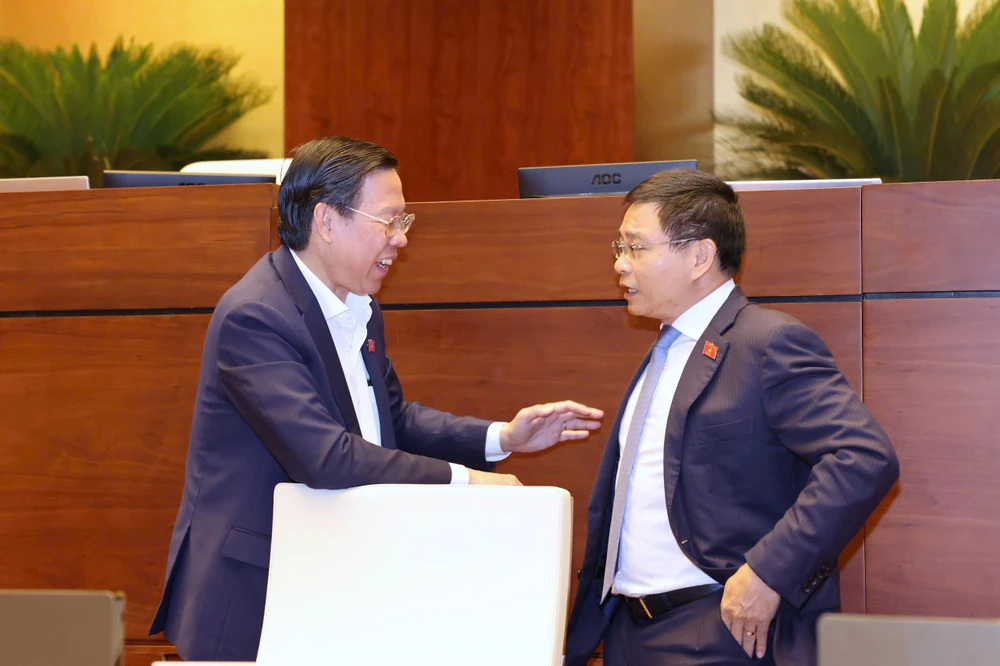
Deputy Mai Van Hai (Thanh Hoa) also expressed the opinion that taxing sugary drinks will also cause difficulties for this industry, affecting farmers and workers. The reason why this product leads to obesity in children is not entirely convincing, this is due to many reasons, not just drinking water. If it is because of drinking water, why not tax candy, milk... Therefore, it is suggested to consider not taxing sugary drinks.
Deputy Pham Van Hoa (Dong Thap) also explained that sugary soft drinks do not necessarily cause obesity, because many other types such as milk tea, candy, etc. can also be the cause. Therefore, it is necessary to calculate carefully and reasonably. It is proposed that if special consumption tax is collected, it should be collected from many other products and there must be a reasonable roadmap.
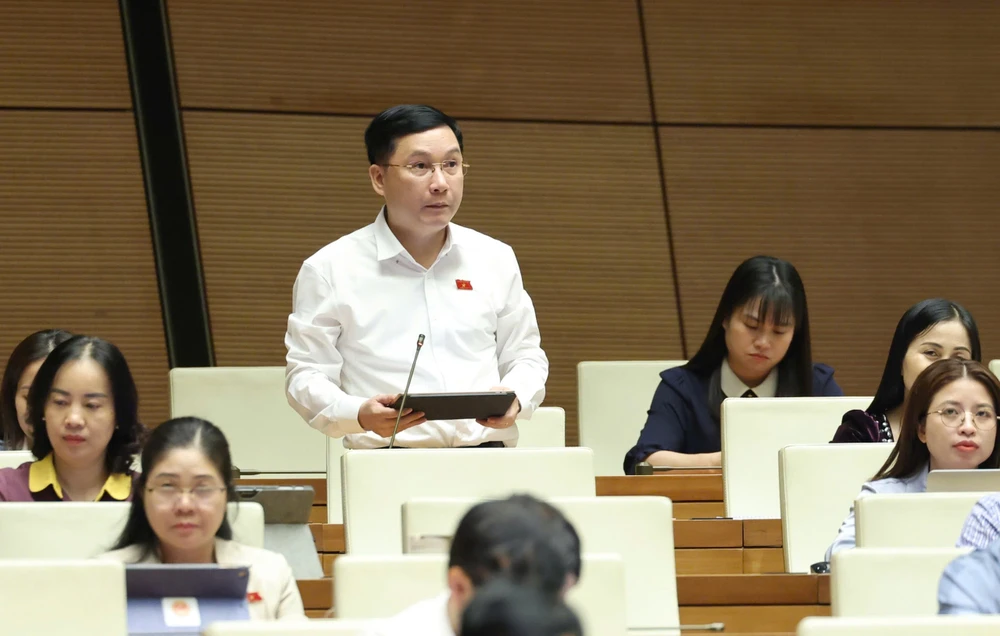
Many other delegates also suggested considering this issue and having a clear assessment of the impact on tax collection on this item.
However, Deputy Le Hoang Anh (Gia Lai) and some other deputies agreed to impose the tax as in the draft, because if we do not act now, in the future, the medical costs for people's health will be much higher. Taxing this item will reduce diseases, and prevent children from becoming patients before they grow up.
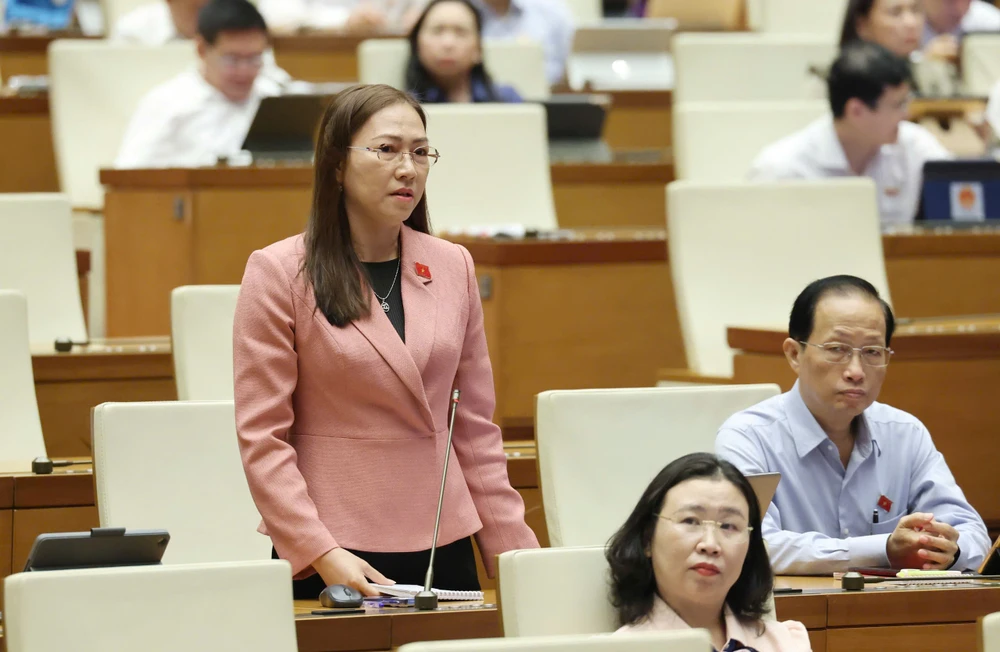
Delegate Nguyen Thi Yen Nhi (Ben Tre) also agreed to add sugary soft drinks to the list of special consumption tax in order to guide consumption habits of people, especially young people, to guide young people to limit the habit of using fast food, drinking a lot of sugary drinks... which will cause bad consequences for health. Along with tax, the health sector needs to increase propaganda about the risks of using sugary drinks, street drinks...
However, Deputy Yen Nhi suggested that the regulation on special consumption tax on sugary soft drinks should be excluded from natural fruit drinks, for example coconut water can have a sugar content of over 5g/100ml but is good for health.
Source: https://www.sggp.org.vn/national-delegates-discussion-on-consumption-tax-discussion-with-sugar-water-post794438.html




![[Photo] Coming to Son La, let's "show off" with the Wallflowers](https://vphoto.vietnam.vn/thumb/1200x675/vietnam/resource/IMAGE/2025/5/21/627a654c41fc4e1a95f3e1c353d0426d)
![[Photo] Prime Minister Pham Minh Chinh receives the President of Asia-Pacific region of PowerChina Group](https://vphoto.vietnam.vn/thumb/1200x675/vietnam/resource/IMAGE/2025/5/21/0f4f3c2f997b4fdaa44b60aaac103d91)
![[Photo] Scientific workshop "Building a socialist model associated with socialist people in Hai Phong city in the period of 2025-2030 and the following years"](https://vphoto.vietnam.vn/thumb/1200x675/vietnam/resource/IMAGE/2025/5/21/5098e06c813243b1bf5670f9dc20ad0a)
![[Photo] Prime Minister Pham Minh Chinh receives Rabbi Yoav Ben Tzur, Israeli Minister of Labor](https://vphoto.vietnam.vn/thumb/1200x675/vietnam/resource/IMAGE/2025/5/21/511bf6664512413ca5a275cbf3fb2f65)
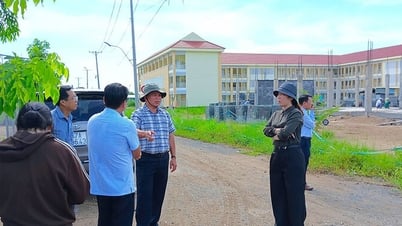

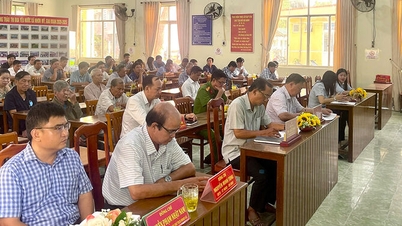
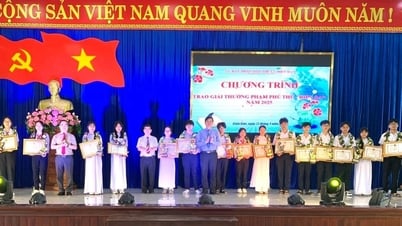

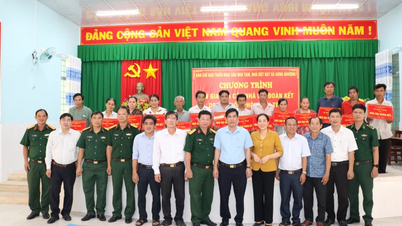

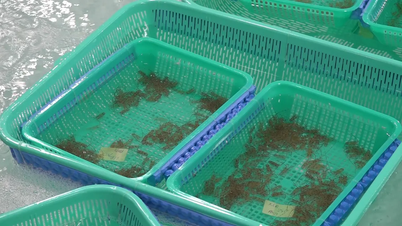
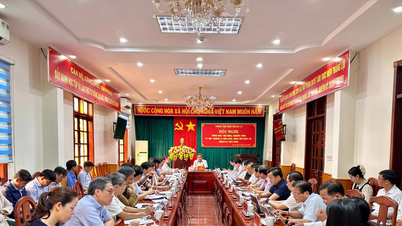






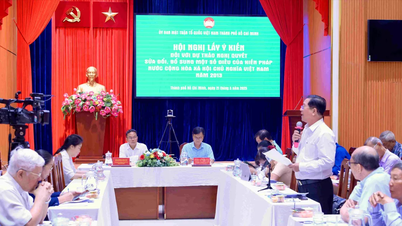
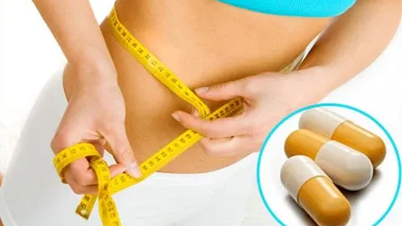
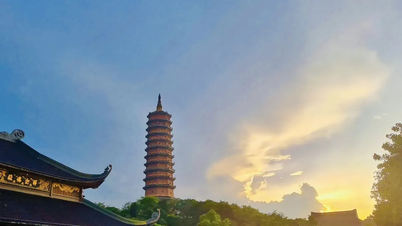
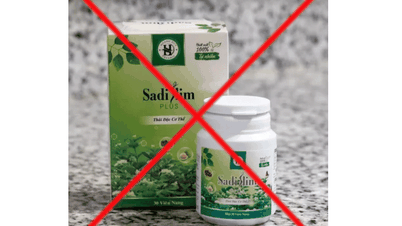






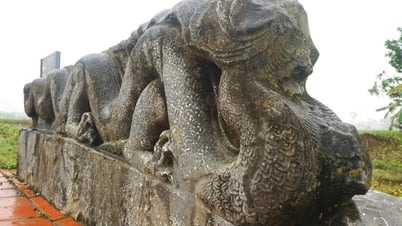

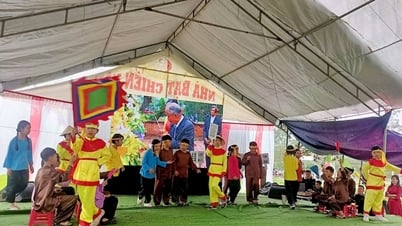
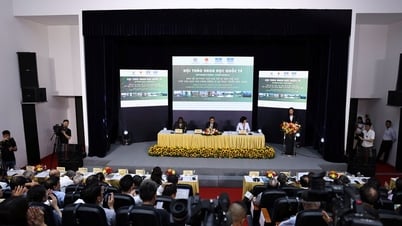

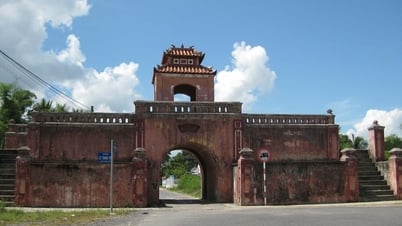






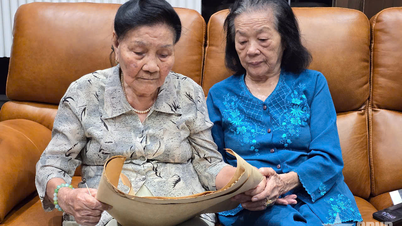












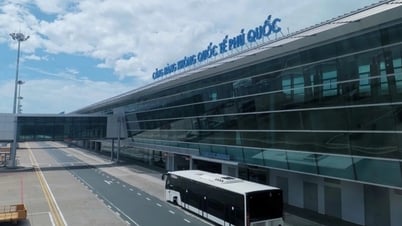


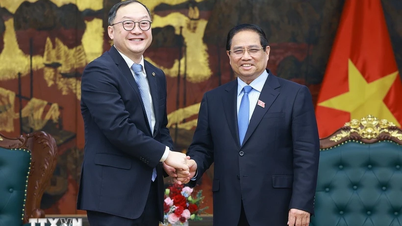


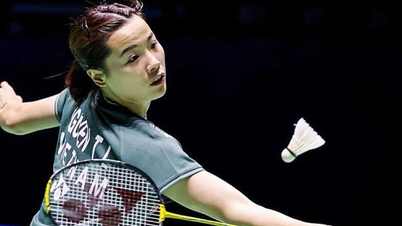
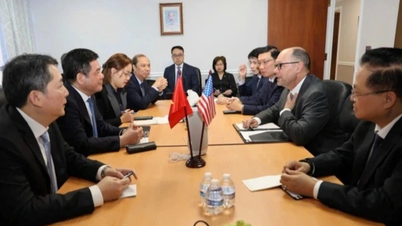
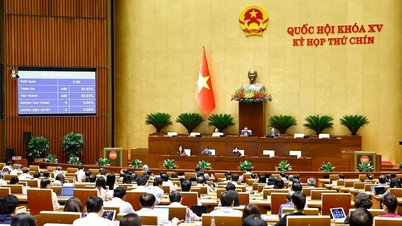


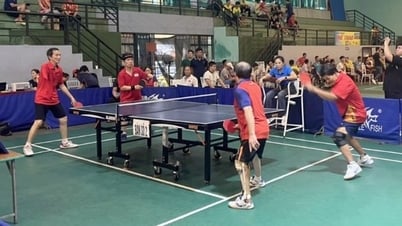

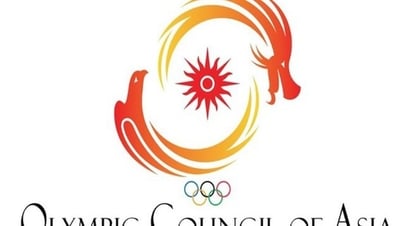

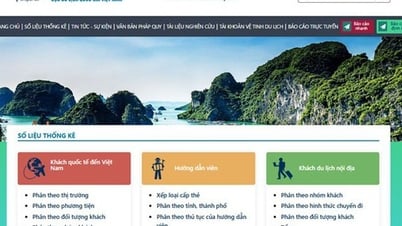

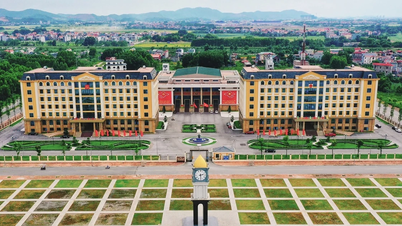


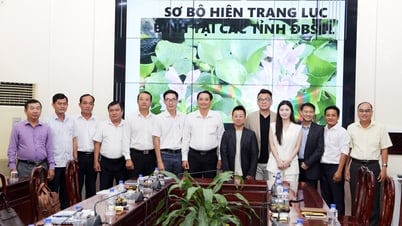
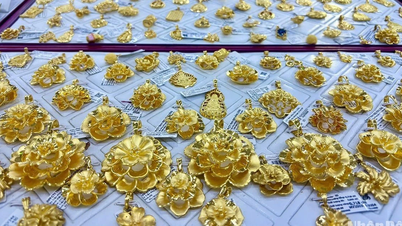








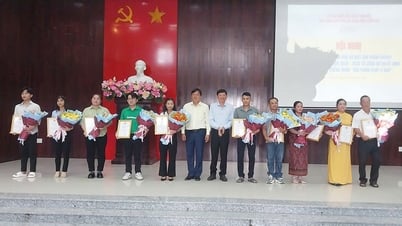



Comment (0)